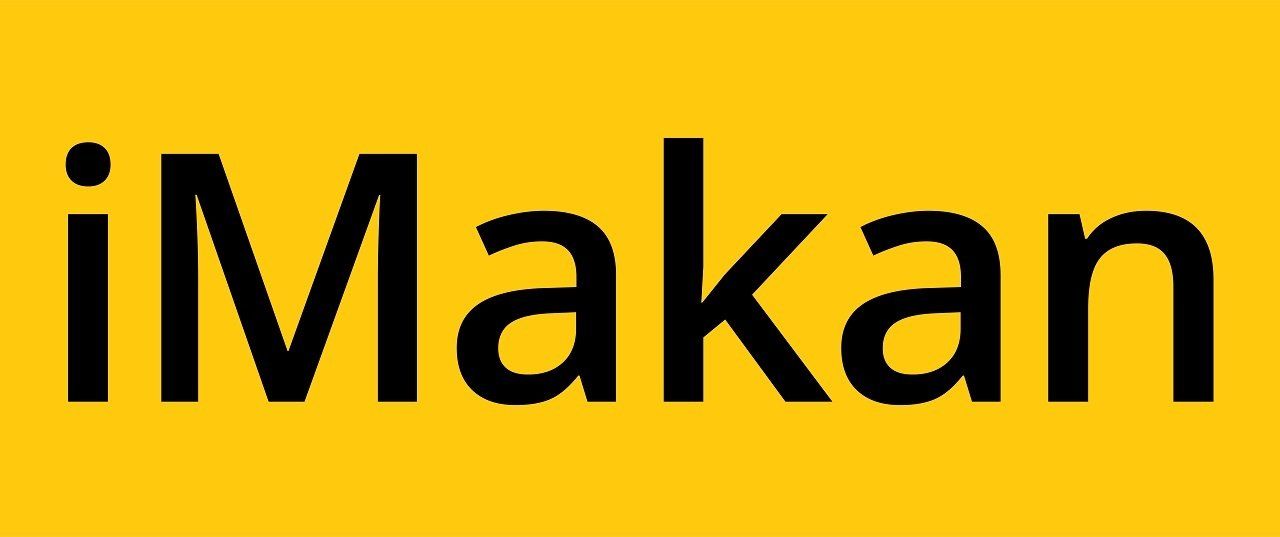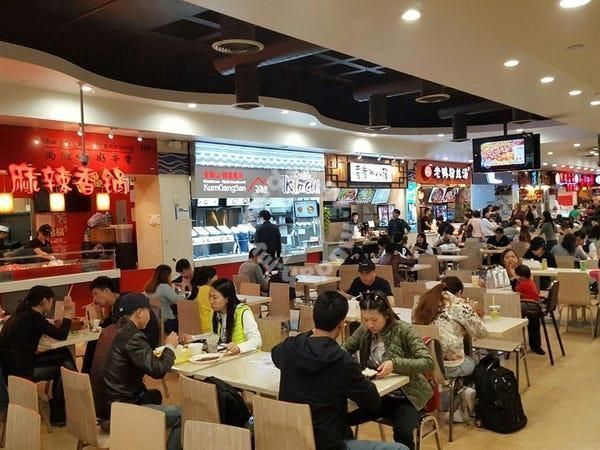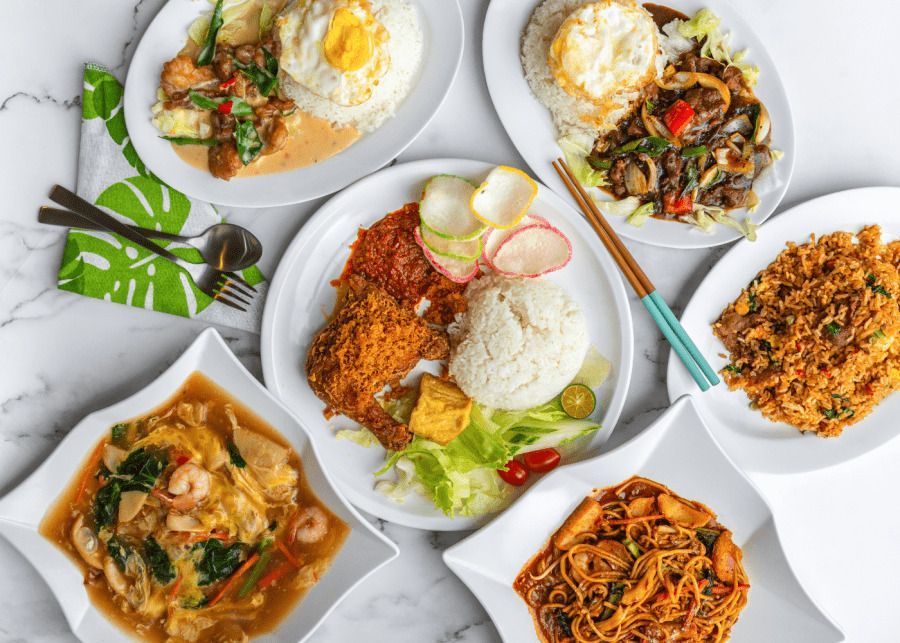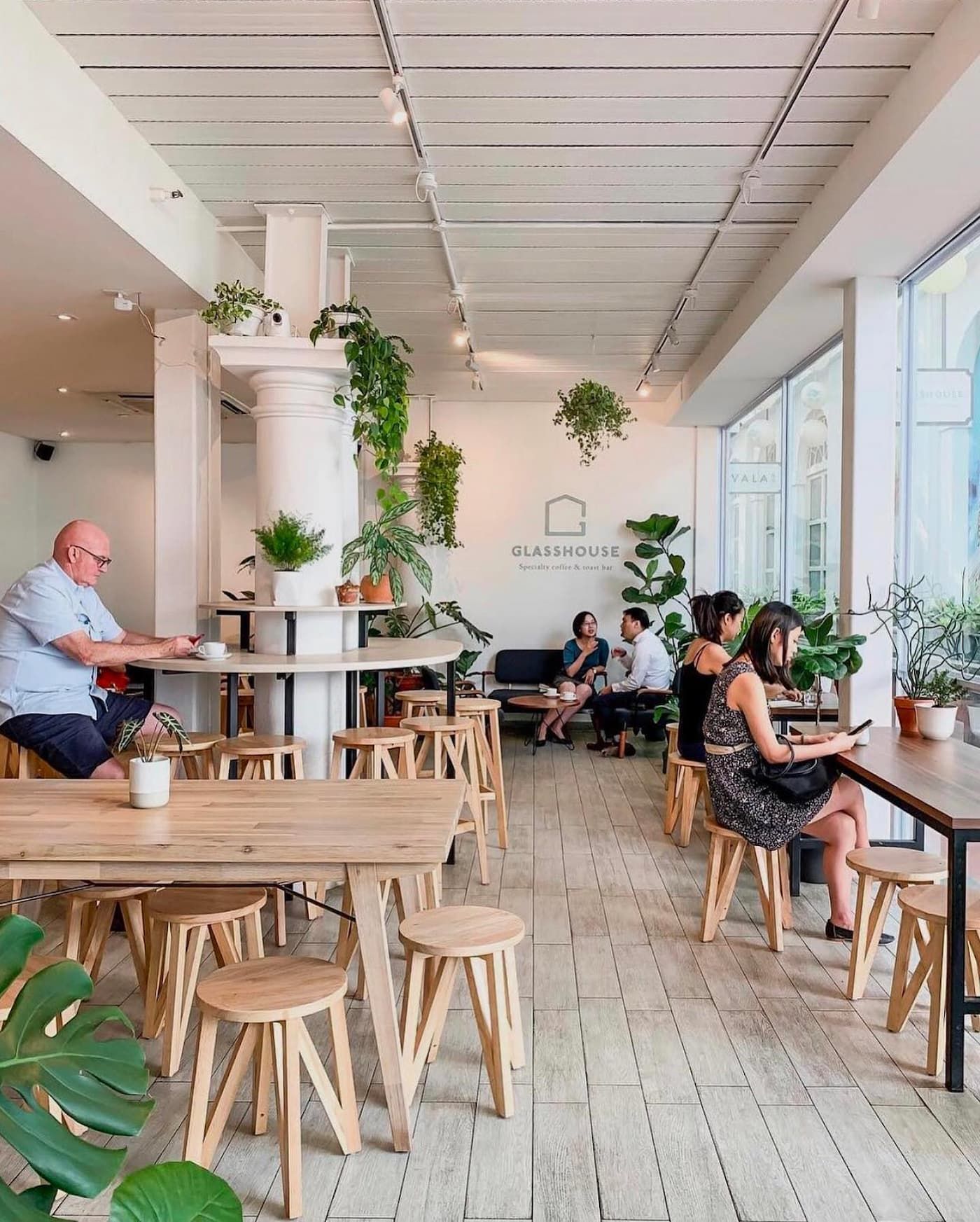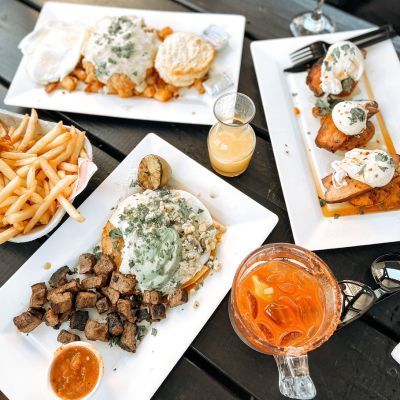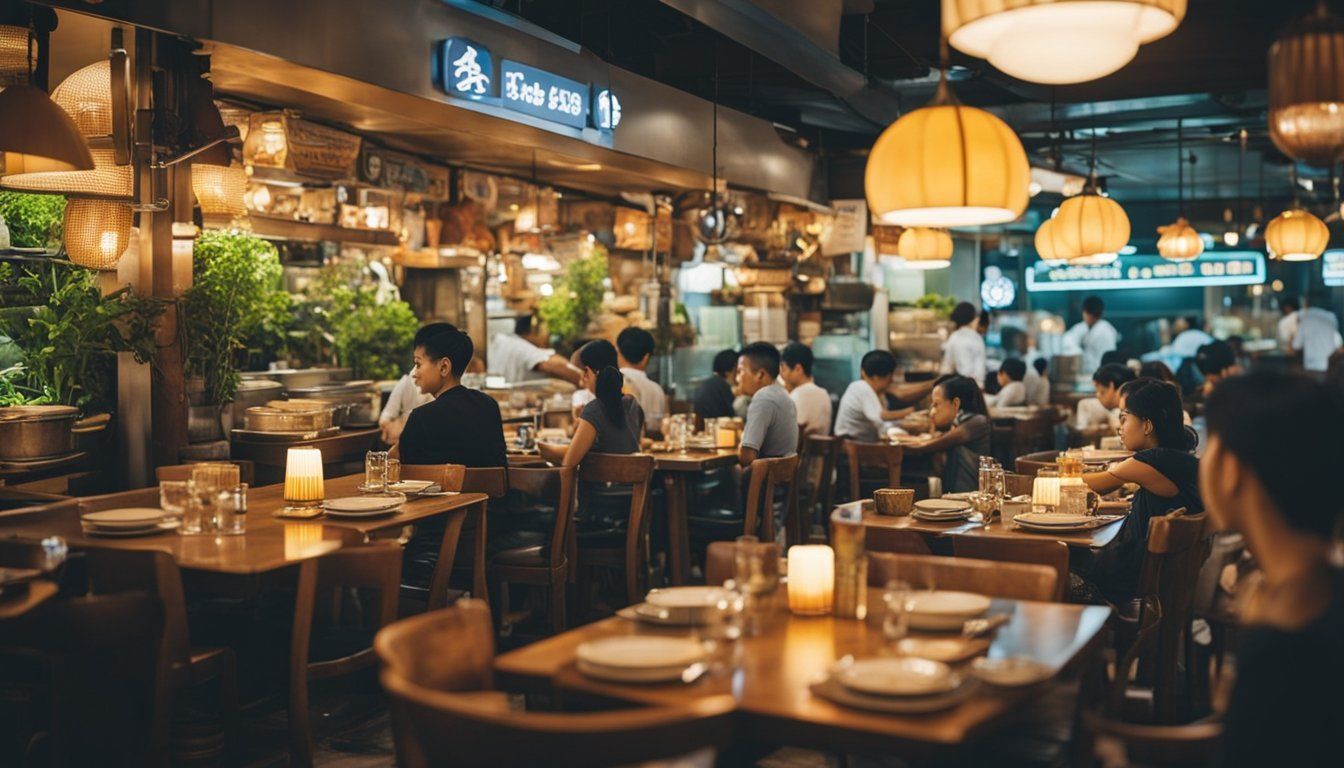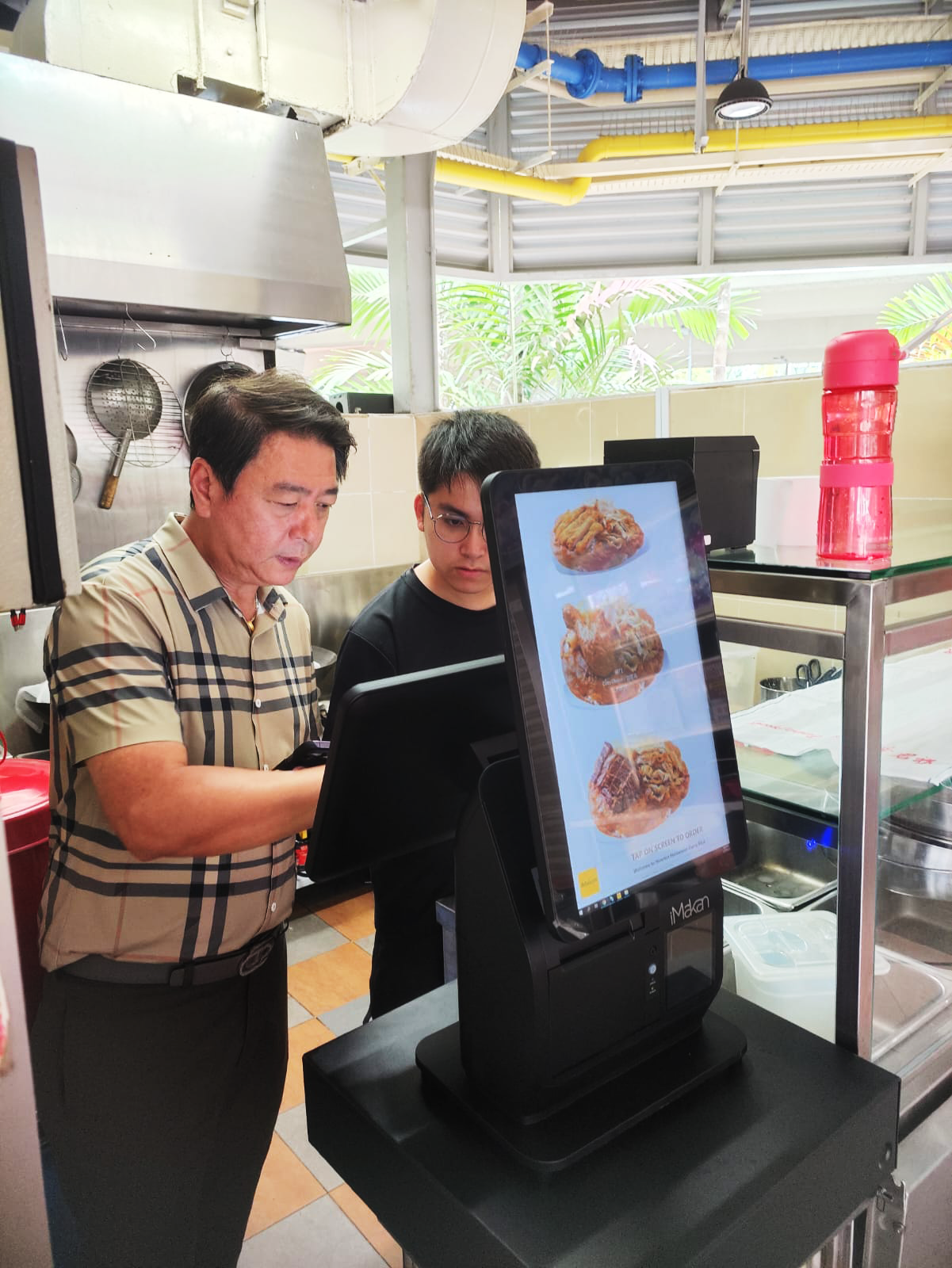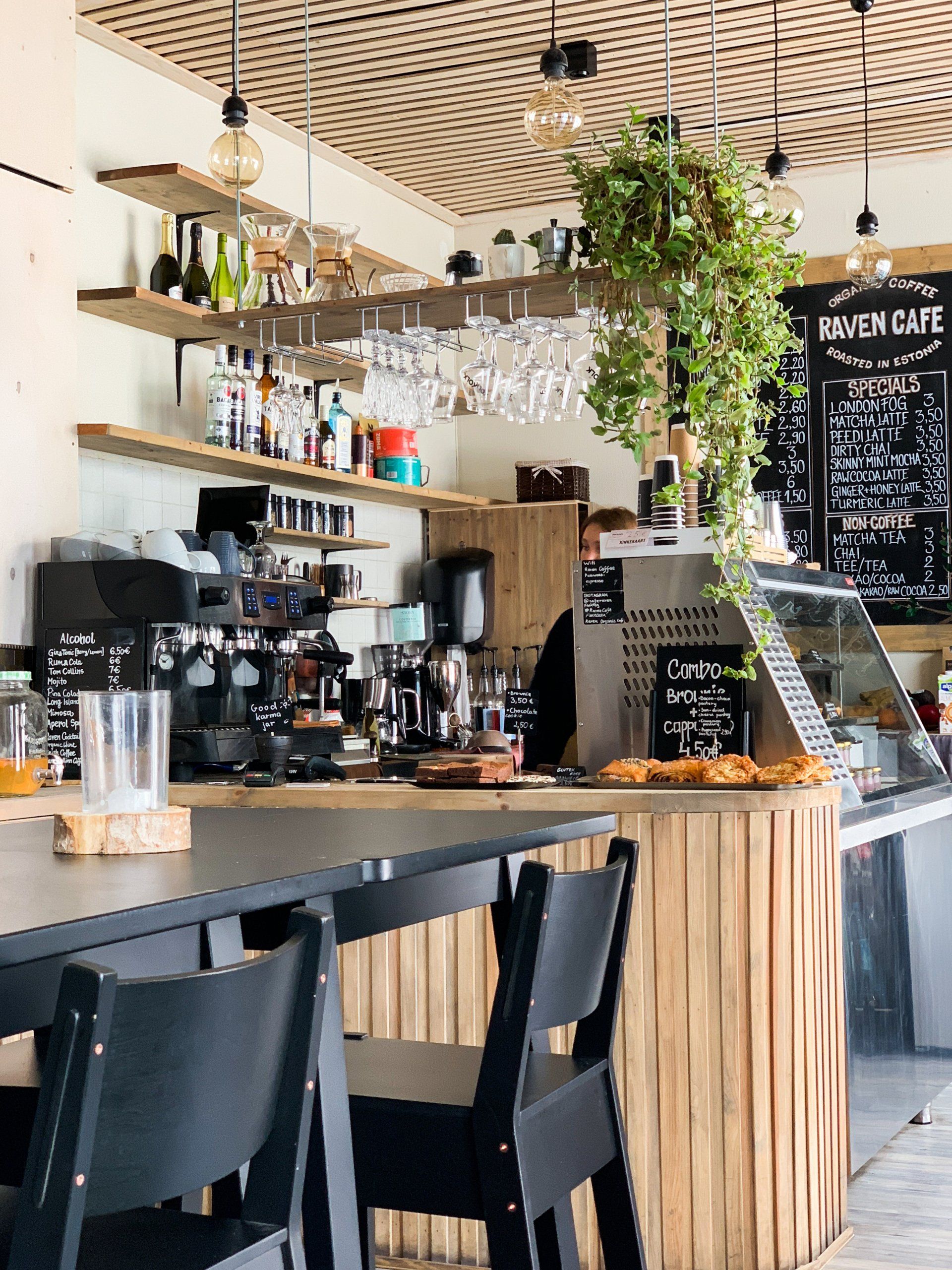Being able to manage food costs properly is essential when operating an F&B business as poorly managed food costs can greatly hurt your profits. With rising expenses and evolving consumer preferences, F&B owners must implement practical strategies to control food costs, minimize waste, and optimize ingredient sourcing while upholding food quality and customer satisfaction. In this article, we'll explore actionable tips tailored to Singaporean restaurants to navigate the complexities of food cost management.
Analyze and Monitor Inventory
Conduct a thorough analysis of your restaurant's inventory regularly to identify fast-moving items, slow-moving items, and potential areas of waste. Utilize inventory management software to track stock levels, monitor ingredient usage, and set reorder points to avoid overstocking or understocking.
Optimize Menu Engineering
Take a strategic approach to menu engineering by analyzing the profitability of each menu item. Focus on promoting high-margin dishes while reconsidering or re-pricing low-margin items. Highlighting signature dishes or profitable specials can also drive sales and increase revenue without compromising food costs.
Streamline Purchasing Practices
Establish strong relationships with reliable suppliers and negotiate favorable terms for bulk purchases or long-term contracts. Consider joining group purchasing organizations or cooperatives to access discounted prices on ingredients and reduce procurement costs.
Implement Portion Control Measures
Standardize portion sizes across menu items to minimize food waste and control serving costs. Train kitchen staff to adhere to portion control guidelines and use portioning tools such as scales or scoops to ensure consistency in serving sizes.
Minimize Waste Through Efficient Kitchen Operations
Implement efficient kitchen workflows and practices to minimize food waste at every stage of production. Encourage staff to use trimmings and scraps creatively in daily specials or staff meals, and consider donating surplus food to charitable organizations to reduce waste while contributing to the community.
Embrace Seasonal and Local Ingredients
Source seasonal and locally produced ingredients whenever possible to reduce transportation costs, support local farmers, and enhance the freshness and quality of your dishes. Create seasonal menus that showcase the best of Singapore's produce, incorporating regional flavors and culinary traditions.
Monitor and Analyze Food Cost Percentage
Continuously monitor your restaurant's food cost percentage – the ratio of food costs to total revenue – to gauge profitability and identify areas for improvement. Set targets for food cost percentage based on industry benchmarks and adjust pricing or operations as needed to achieve optimal profitability.
Invest in Staff Training and Engagement
Invest in comprehensive training programs for kitchen staff to enhance their skills in food preparation, portioning, and waste reduction techniques. Engage front-of-house staff in promoting high-margin menu items and upselling strategies to increase average check size and overall revenue.
By implementing these practical tips for food cost management, restaurants in Singapore's dynamic F&B industry can achieve greater profitability, reduce waste, and maintain food quality and customer satisfaction. By continuously refining and optimizing food cost management strategies, F&B owners can navigate the challenges of the industry while thriving in Singapore's diverse culinary landscape.
About iMakan
Apart from looking to constantly value add F&B owners in Singapore through information sharing articles like these iMakan is a trusted self ordering solution provider that offers self ordering kiosks, QR ordering solutions and online ordering solutions for F&B owners in Singapore.
If you are in the market for self ordering kiosk, QR ordering, and online ordering solution, WhatsApp us, or click here to send in an enquiry!
Get in touch today!
Our Singapore solution consultant will get in touch with you shortly!
Sign up to our newsletter
We will get back to you as soon as possible
Oops, there was an error sending your message.
Please refresh your browser and try again!
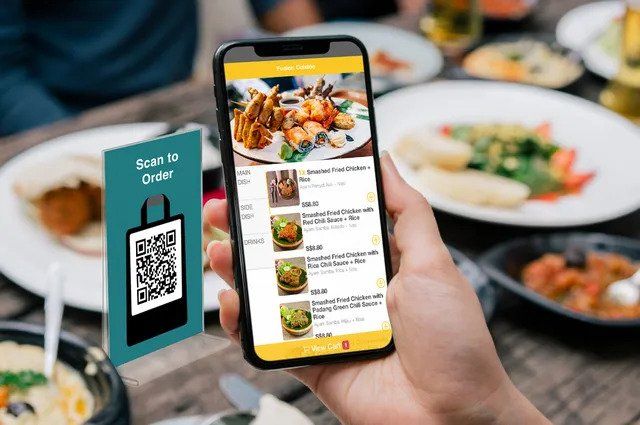
The entirety of this site is protected by copyright © iMakan 2024
Megasafe Technology Pte. Ltd.
